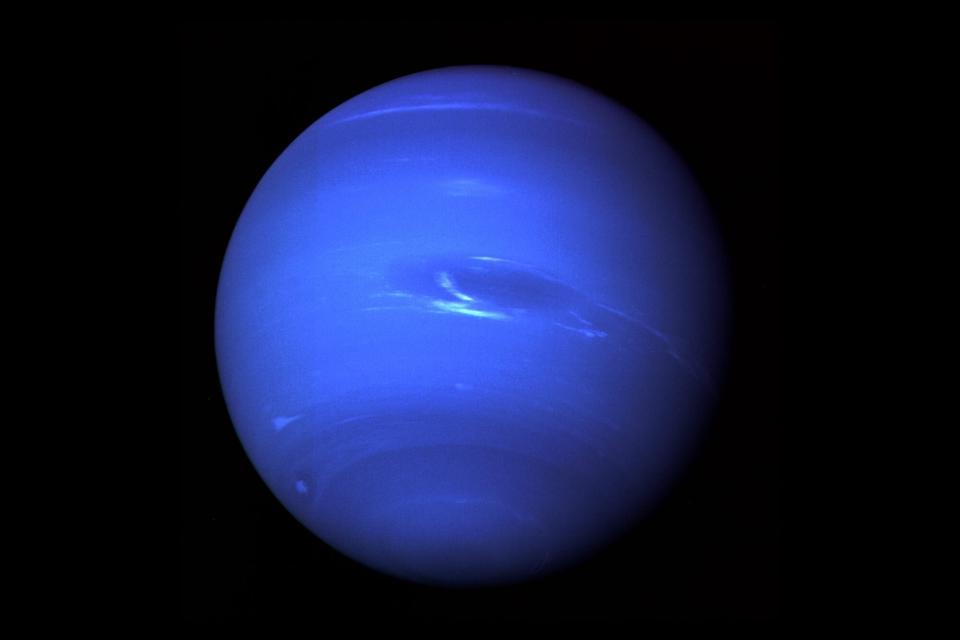See Neptune at Opposition in the Sky This September—It's the Closest and Brightest the Planet Will Appear
Nearby planets, like Mars and Venus, come into Earth's view often, and with advanced technology from NASA and space exploration at an all-time high, these planets regularly get in-person and virtual visits from scientists hoping to learn more about their environmental makeups. While Neptune is the planet that's furthest away from Earth in the solar system, we will get a great view of it in the near future. According to Mental Floss, Neptune will be at opposition on September 14, which will make the planet appear big and bright in our sight.
Neptune at opposition means that the planet is in perfect alignment with the sun and Earth. In this case, Earth will be in the middle of the alignment. From our view, we will be able to see the sun lighting up Neptune, which varies from the planet's usual darkness from the surrounding solar system. What's more, the opposition perfectly coincides with Neptune's perigee, which is when the planet will be its closest to Earth. This will make the illuminated planet seem even bigger from our view than normal.

Courtesy of NASA
Related: Scientists Discovered a "Super-Puff" Planet Over 210 Light Years Away
Want to spot Neptune for yourself? You can catch the rare sighting as the planet rises at sunset on September 14, 2021. It will also slowly fade away as it goes below the horizon around dawn the same day. The "ice giant" will be at its peak in the sky at 12 a.m. EDT on this late-summer day. And around this time, the quarter moon will be in view, allowing for dark skies to help Neptune stand out as it takes reign over the sky.
If you have any issues trying to spot Neptune, simply look for Aquarius. The planet should be in sight in front of this constellation and also near the Phi Aquarii star. Even though Neptune will be easier to see than ever on September 14, the stars in the sky will still be bright in comparison to this gaseous planet. So, make sure to round up your telescope or binoculars to ensure you get a great view.

